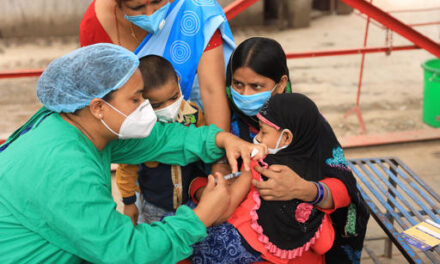March 12, 2024
Cornell University scientists have uncovered concerning findings regarding bacterial counts in single-serving paperboard milk containers, particularly those used in school settings. The research, led by senior author Nicole Martin, assistant research professor in dairy foods microbiology, sheds light on the potential risks associated with these widely consumed milk packages.
Concerns Over Bacterial Counts
The study found that commercial, paperboard single-serving milk containers exhibited higher bacterial counts two weeks after processing compared to milk packaged in larger containers from the same facilities. This discovery is particularly significant as these small containers are frequently served in schools, making children primary consumers of milk from these sources.
Root of the Issue
The scientists attribute the elevated bacterial counts in the post-pasteurization process to carton-filling machinery used during packaging. Martin Wiedmann, professor of food science, emphasized that changes in transportation and delivery routines to schools may also contribute to these findings. Unlike in the past, where rural schools in New York received fresh milk deliveries every few days, current delivery schedules may lead to prolonged storage periods for milk, impacting its quality and safety.
Research Methodology
The researchers collaborated with four commercial milk processing facilities to collect data on various types of single-serving milk cartons, including skim, white 1%, chocolate, and chocolate 1% milk. Through sampling visits and sensory evaluations, the team identified higher bacterial counts and slightly lower sensory scores in the small cartons compared to larger containers.
Identifying Solutions
Further investigation revealed that the machinery responsible for forming the small cartons required additional attention and cleaning. The complexity of these equipment components makes thorough cleaning challenging. To address this issue, members of the research program assisted in cleaning and sanitation efforts at the commercial facilities, aiming to develop standard protocols and improve equipment design for easier maintenance.
Future Implications
With support from the New York Dairy Promotion Order, the research aims to enhance the safety and quality of milk packaged in single-serving containers. By addressing cleanliness and sanitation challenges in carton-filling machinery, the team hopes to ensure that consumers, especially children, can enjoy milk products safely.
The findings of this study underscore the importance of ongoing monitoring and improvement efforts within the dairy industry to maintain the integrity of milk products and protect public health.












